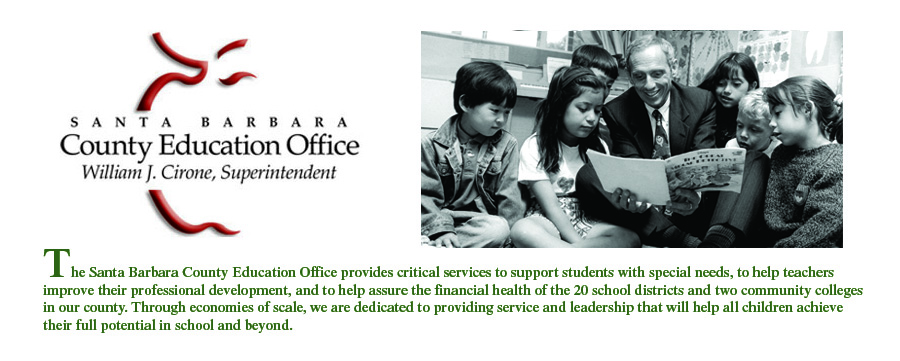News release
In one of the most powerful speeches in American history, Abraham Lincoln sought to pay tribute to those who “gave the last full measure of devotion” on the bloody battlefield of Gettysburg in early July 1863. As our country prepares to honor those who have paid the ultimate sacrifice in its wars and conflicts through the years, it is fitting that we consider some fundamental elements of citizenship that we as parents and educators hope to encourage in the developing minds of our children. While each of the three elements discussed below have historically strong military associations, they are by no means exclusive to the profession of arms. Rather, I would argue that these ideas are every bit as important for a civilian populace to learn, internalize, and demonstrate, too.
Respect. While the U.S. military has a rich tradition of customs and courtesies, our understanding of respect is by no means limited to “Yes ma’am,” “No sir,” standing at attention, and sharp salutes. Indeed, “respect” has a much wider application. The Golden Rule, generally defined as treating others as you would like to be treated, has its roots in antiquity, and is instilled in most youngsters in some of their earliest learning environments. Yet, as I have noted in these pages before, at some point along the path to adulthood, that admonition to treat others with dignity and respect is often exchanged for rancor, partisanship, and expressions of self-interest. I sincerely hope that this erosion in common decency and valuable dialogue is reversed. It is relatively easy to be respectful of those whose ideas and opinions accord with our own. The challenge, however, is to extend that same respect to those with whom we disagree. In order to recapture a discourse that is constructive and edifying to our society, we would do well to remember the importance of treating others with respect.
Courage. The examples of courageousness in our country are simply too numerous to count. From the bold signatures that 56 Founders put on the Declaration of Independence, to Rosa Parks refusing to give up her seat on that crowded Montgomery bus, to the intrepid battlefield gallantry of Medal of Honor recipient and California native Clinton Romesha, American history is replete with instances of ordinary people undertaking extraordinary actions. But acts of courageousness need not be so conspicuous as the three examples I provide above. Bravery can just as easily take the form of doing the right thing when no one is looking. Indeed, those moments that test our integrity, which many of us encounter every day, can be more imposing or challenging than the more obvious opportunities for a demonstration of courage. “Right” and “easy” do not often go hand-in-hand, but it is our personal and collective commitment to the former that will have positive, lasting impacts on our families, our schools and workplaces, and our communities.
Sacrifice. On the last Monday of every May, our country pays tribute to those brave women and men who paid the highest price. But we should also be willing to accept a much broader understanding of sacrifice. In a recent conversation I had with Colonel Keith Balts, the current wing commander at Vandenberg, I learned one of the Air Force’s core values: “Service Before Self.” There are countless ways for us to demonstrate subordinating our own interests to a greater good. Perhaps it comes in the form of sacrificing our time and our talents by volunteering in our local community. Sacrifice can also come in the form of charitable contributions. According to a recent Wall Street Journal article, American donations to charities have increased by over 20% since the end of the Great Recession in 2009. One need only conduct a casual survey of any given day’s headlines to know that there are many societies less fortunate than ours. But the ways in which we can help ease the burdens of those in need are legion, too. There is nobility in sacrificing some of our abundance in an effort to improve the lives of others. And doing so invariably makes the world a better place.
“The world will little note, nor long remember, what we say here,” Lincoln said with characteristic modesty and understatement in his Gettysburg Address. “But it can never forget what they did here.” Our 16th president was correct: it is imperative that we remember. In modern times, Memorial Day weekend is too often associated with mattress sales, new car deals, and appliance closeouts. But this weekend I would encourage you to give consideration to the more substantive, lasting ideas of respect, courage, and sacrifice. These ideas have long been — and must continue to be — essential to the growth and development of the extraordinary country in which we live.
